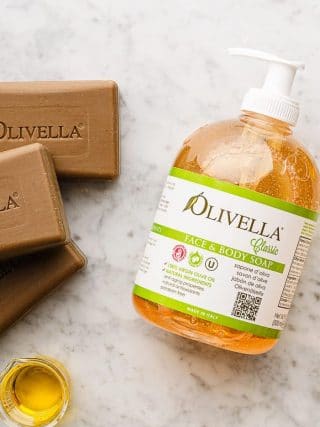By Joel Syder
As winter approaches, we are wrapping up in our warmest clothes, cooking our favorite warming winter dishes and getting ready for the holidays. For some of us, it’s the best time of year – cozy nights around the fire, cheery Christmas jingles, and unlimited excuses to spend time with those nearest and dearest to us.
But what about our poor skin?!
“In winter, the fluctuations between cold and hot temperatures as we leave the outdoors for heated offices, schools or homes can wreak havoc on our skin. Skin can get very dry, flaky, and even crack in these conditions – the cold outside leaves your skin feeling chapped and raw, whilst indoor heat takes the moisture from the air and your skin. Add to this, sitting around fires and taking hot showers, which we all do in winter to make ourselves feel warmer, our skin can become very dried out, stripped of essential oils, and so, itchy and irritated,” notes Eileen Bass, beauty blogger at Write My X and Britstudent.
If this sounds all too familiar to you – don’t worry. There are a few easy tips and tricks for winter skincare that can prevent and treat dry winter skin. Most of these are simply changes to your everyday routine, that can make a world of difference for your skin.
Keep Skin Hydrated
You can simply achieve this by drinking more water throughout the day. Although in winter you might forget to drink as much water as in summer, try to be aware of how much you are drinking and ensure you have 8 cups a day.

Use Moisturizer and body oils
After having a shower, blot your skin dry (don’t rub it!) and apply a thick moisturizer to seal water into the skin.
Moisturizing your skin is crucial to keeping it hydrated throughout the colder months. When looking for a moisturizer, opt for a cream-based one rather than a lotion, as lotions are more liquid than moisturizer, so not as thick.
For your face, you might want to opt for a less-thick product, as thick moisturizers can clog pores and lead to spots. If you have sensitive skin, avoid products with a lot of fragrances, too. Search for fragrance-free products containing ceramides that are noncomdeogenic – this means they won’t make your skin irritated.
You can also try body oils before applying a cream-based moisturizer to really lock in hydration. Applying oil before a hot bath or shower is also a good idea, as it prevents your skin from becoming too dry in hot water.

Avoid Overly Hot Showers and Baths
“It might seem counterintuitive, but taking hot showers and baths can create cracks in the skins surface. Hot water dehydrates the skin. This is because hot air evaporates quickly, and if you don’t moisturize immediately, the cracks in the skin leave nerves exposed to the air. This can cause itchiness and redness, a lot like eczema,” says Jennifer Shelton, skin care specialist at 1day2write and Nextcoursework.
If you have to take a hot bath or shower, keep the bathroom door shut to lock in heat and moisturize immediately afterwards.
As a general rule, if your skin is red after washing, the water is too hot – this also applies to washing your hands!

Don’t Leave the House with Damp Skin
Damp skin can crack easily – this is why your lips chap, because they’re wet and then get cold! Always make sure your hands are dry before you leave the house, and that way cold winter air won’t chap your skin.
Lower the Thermostat, and use a Humidifier
Try setting your heating to 68-72°F to achieve a comfortable but not too hot temperature at home. Not only will you save on the heating bill – your skin will thank you too!
Humidifiers are a great way to add moisture back into your air at home, particularly if you live in a cold climate and have to turn the heating up high. Dry air causes water to evaporate off your skin quicker – humidifiers add moisture back into the air.
Joel Syder is a writer and cosmetologist at Originwritings.com and PhdKingdom.com. He likes helping people take good care of their skin and creating articles about things that excite him for AcademicBrits.com.










